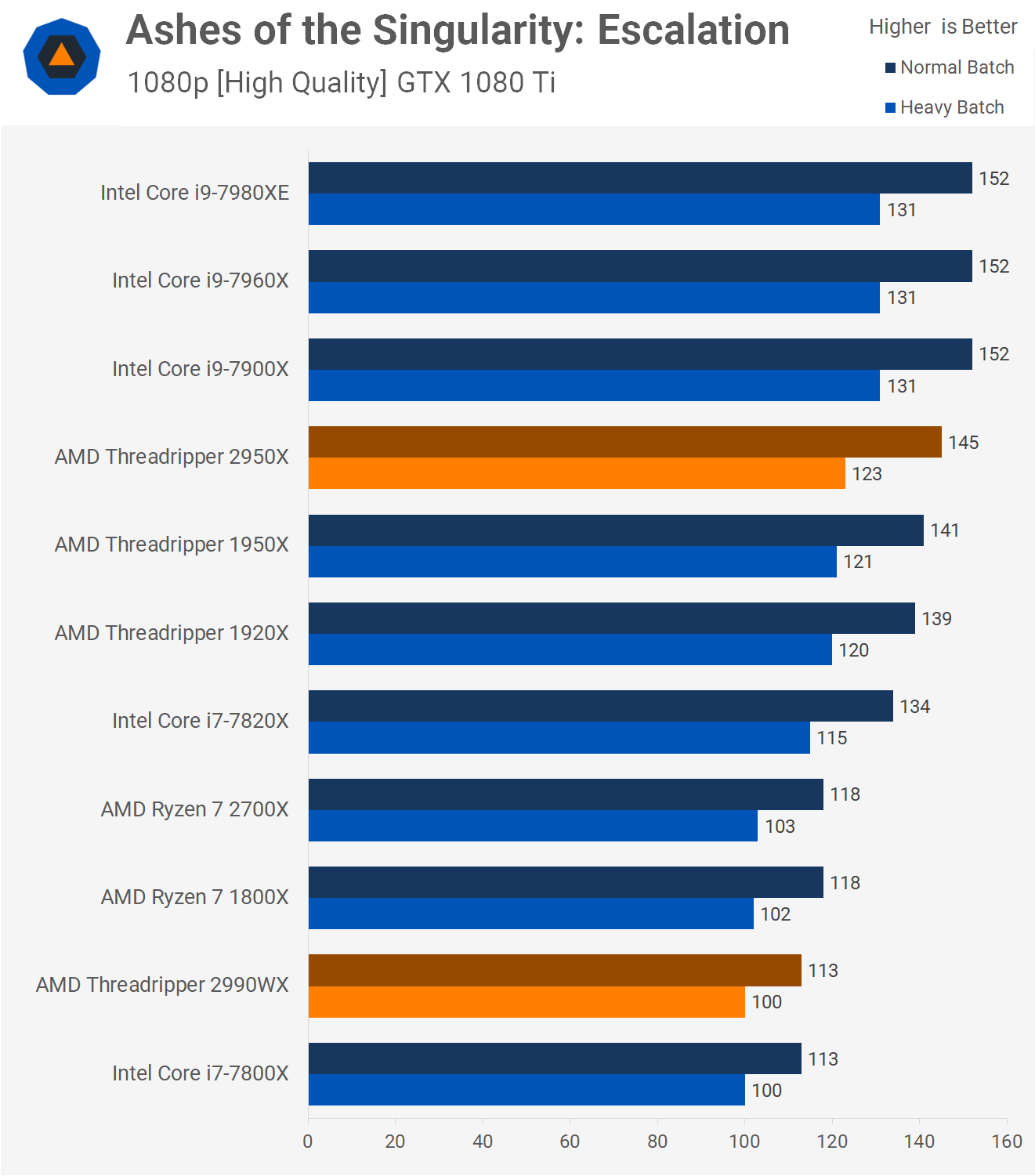Forward-looking: AMD has entered into a multi-year partnership with Oxide Games with the aim to make game streaming simpler and more economical, but details on practical hardware/software alterations are light. It is apparent, however, that there is room for improvement. Given the current disparity between the on-paper specs and real-world performance of streaming services, a new technical foundation could make the value proposition of game streaming equal to competing platforms.
Game streaming has the potential to replace consoles as the go-to gaming platform, or otherwise alter their market position. Some predict streaming could also eat into the PC gaming market. Unsurprisingly, noting that AMD makes all the CPUs and GPUs used in consoles and about half of those used in gaming PCs, they have expressed interest in the game streaming space.
AMD also currently produces the GPUs for Google Stadia and Microsoft xCloud. That position is not well-cemented, however, as both services use only slightly altered PC products that cannot be made in great volume. Further development into game streaming is a logical way for AMD to win no matter the shape of future gaming.
AMD's new partner is, however, an unconventional choice. Oxide Games have yet to justify the plural form of their name, having only released one complete game, Ashes of the Singularity. More significant, however, is their Nitrous Engine. Nitrous has been impressive in its limited release this far. Ashes, using Nitrous, was the first game to support DirectX 12 and one of the first to support Vulkan. The game also introduced unprecedented technical capability in the real-time strategy genre, able to support far more active units engaged across diverse environments that other games can manage.

"Oxide's motto is to bring games to life that have never been seen or experienced before. We built the Nitrous Engine specifically with that purpose in mind," said Marc Meyer, president of Oxide Games. "AMD's commitment to gamers and their leadership in pushing the edge of state-of-the-art hardware is a perfect complement to Oxide's commitment to the same excellence in software."
The Nitrous Engine also scales better across more cores than most other engines. High core count, low-frequency CPUs are also the most economical processors found in servers today. Pairing optimal hardware with the software that can best take advantage of it is logical – but adding that to AMD's substantial lead in the high core count CPU space is a checkmate move.
